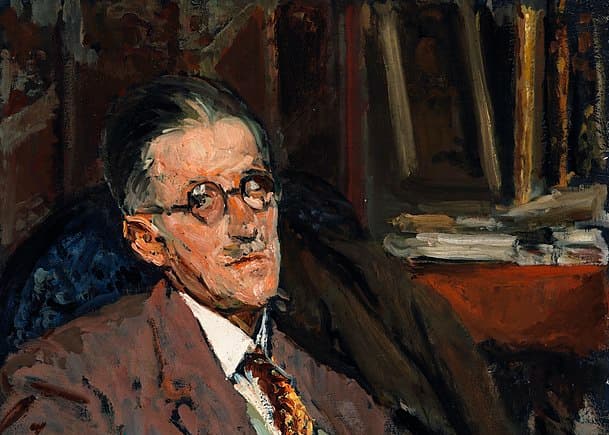James Joyce’s ‘The Dead, 1904’ To Be Staged at a Mansion on Fifth Avenue
The return of the immersive production promises to be a highlight of the holiday season.

“The Dead” is the last story in Irish author James Joyce’s collection “Dubliners.” It is one of the great short tales of the 20th century. Joyce wrote it before he would, with “Ulysses” and “Finnegan’s Wake,” remake the novel. It is the perfect entry point for readers seeking to meet the master on more forgiving terrain. For New Yorkers looking to encounter Joyce there is an immersive play, “The Dead, 1904” — opening tonight — on Fifth Avenue.
The setting is the sumptuous American-Irish Historical Society, a Beaux-Art townhouse across the street from the Metropolitan Museum of Art. The production, which recreates the Feast of the Epiphany that is “the Dead’s” occasion, was first staged in 2016 and ran until the pandemic. The tale has been adapted for the stage by the Pulitzer prize-winning Irish poet Paul Muldoon and novelist Jean Hanff Korelitz along with the Irish Repertory Theater and Dot Dot Productions.
Joyce is interested in human detail and Ireland’s destiny. Readers can smell the alcohol on the breath of one character, Freddy Malin, but also the slight turbulence caused by the presence of a Protestant, Mr. Browne. Then there is Irish patriot Molly Ivors, who castigates Conroy for writing literary reviews for a paper less committed to the cause. The Easter Rising of 1916 is in the future, but its stirrings are as tangible as the sliced goose served for supper.
The bottom falls out from “The Dead” when a song sung at dinner — “The Lass of Aughrim” — lingers with Greta after the Conroys return to their hotel. All of a sudden holiday cheer gives way to an almost unbearably poignant memory of childhood love and loss. The song is to Greta what the madeline is to Proust, but what it brings back is a long-dead boy, Michael Furey, buried in County Galway, another world from Dublin’s districts.
Joyce ends his story with “the snow falling faintly through the universe and faintly falling, like the descent of their last end, upon all the living and the dead.”

